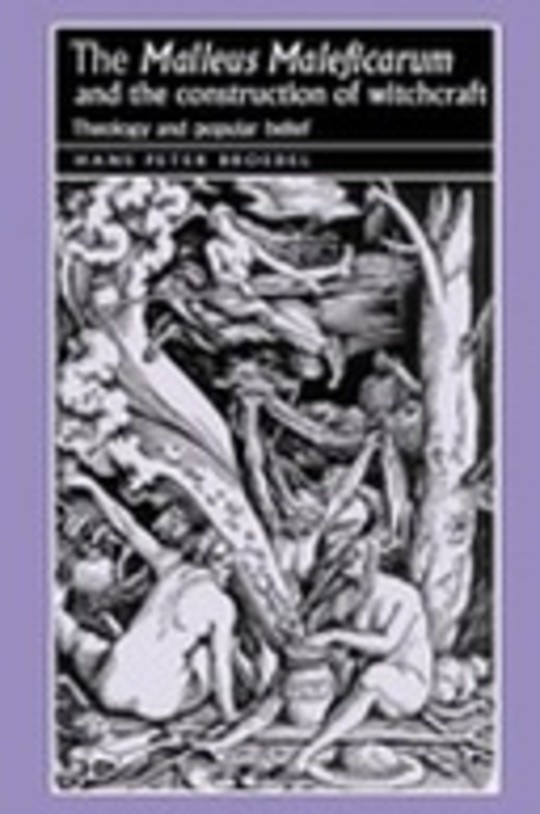
Cyborgs in Latin America
Free
Description
Contents
Reviews
Language
English
ISBN
Unknown
Cover
Contents
Acknowledgments
Introduction
Chapter 1 Posthuman Porteños: Cyborg Survivors in Argentine Narrative and Film
Chapter 2 Missing Gender: The Posthuman Feminine in Alicia Borinsky, Carmen Boullosa, and Eugenia Prado
Chapter 3 Ripped Stitches: Mass Media and Televisual Imaginaries in Rafael Courtoisie’s Narrative
Chapter 4 Neoliberal Prosthetics in Postdictatorial Argentina and Bolivia: Carlos Gamerro and Edmundo Paz Soldán
Chapter 5 Video Heads and Rewound Bodies: Cyborg Memories in Rodrigo Fresán and Alberto Fuguet
Conclusion
Notes
Bibliography
Index
The book hasn't received reviews yet.











